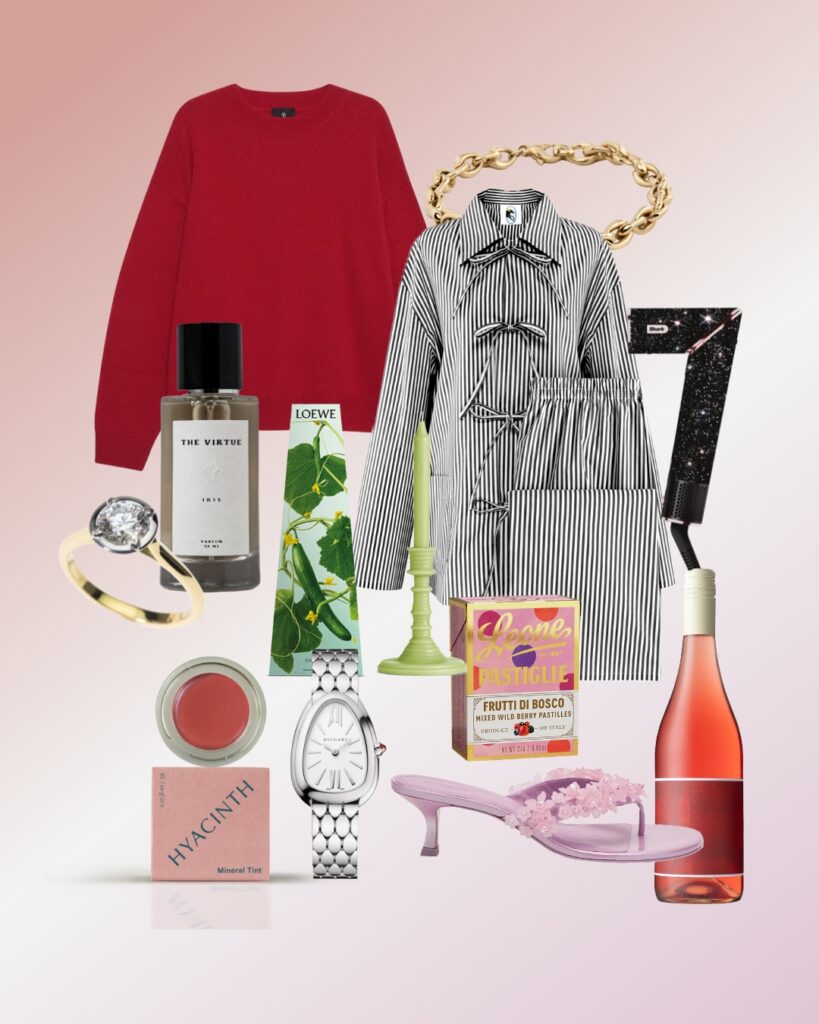While it seems like pesky pimples and aggressive acne seem to pop up at the worst times, like before a job interview, your friend’s wedding, that party where your ex is definitely going to be (or in Kendall Jenner’s case, the Golden Globes red carpet), there really is no good time for a breakout.
Even if we had 10 days in isolation with zero human contact we wouldn’t wish upon a breakout. They’re uncomfortable, they’re painful and they cast an unnecessary veil of self-consciousness over us. All in all, they’re pretty lame.
But like most things in life, sometimes we have to just roll with the punches because, in the scheme of things, they’re not that big of a deal. However, that level of acceptance can only come with understanding. Understanding what causes our breakouts, what we can do to ease or soothe our breakouts, and how we can – if we can – prevent them in the future.
Hormonal acne
What causes it?
Hormonal acne is caused by fluctuations and changes in your hormones. It affects women typically before their period as well as women who are premenopausal. Hormonal acne comes down to too much oil clogging up your pores. Excess hormones that coincide with changes in hormones during your cycle, for example, stimulate the oil glands which are largely found in and around the chin area making it more susceptible to breakouts.
How do you know it’s a hormonal acne breakout?
Hormonal acne affects those aged between 20 – 40 and typically appears around the chin and jawline. They tend to recur in the same areas time and time again and are deep painful cysts beneath the surface that are tender to the touch.
What can you do about hormonal acne?
Hormonal acne has accumulated oil over a period of days or weeks that then causes an inflammatory reaction. This inflammatory component requires a more clinical approach to treatment that starts from the inside out rather than treating them topically. But if you feel as though it’s spreading and you want to use something topical for peace of mind, consider using salicylic acid or benzoyl peroxide to treat the area.
Stress acne
What causes it?
Studies have shown stress hormones like cortisol can also affect our skin’s oil production and, as a result, cause breakouts and acne. While it may not be a direct cause, it can make conditions worse for those who are already acne prone.
When you’re faced with stress, be it oxidative (your environment, diet etc.) or from life (work, study, relationships etc.) hormones, including cortisol and adrenal androgens, are released to protect you thanks to neuropeptides which are little proteins that communicate to the brain. Unfortunately, this also triggers and inflames the sebaceous glands (the oily ones, of course) which can cause a flare-up of skin conditions, like acne, as a result.
Though we’re not overly thrilled at the prospect of stress acne linked to cortisol, we do in fact need cortisol, as it helps regulate a number of important bodily processes such as our immune systems, digestion, and mood. But when we find ourselves under too much stress, that’s when we’re going to experience changes in our skin which make it particularly susceptible to bacteria-driven inflammatory acne.
What can you do about stress acne?
The obvious one would be to stress less. (Easier said than done, we know!). Hold off any high-intensity workouts or situations in favour of some yoga, meditation or walks. Phone a friend, a family member, or a therapist and assess where you can alleviate stressful triggers in your daily life.
As for the acne itself, you can try benzoyl peroxide or salicylic acid, which are both topical treatments available from your pharmacist. They will make the areas where you apply them rather dry so make sure you keep up your daily moisturiser. Using a sparing amount will be just as beneficial than applying lashings of the stuff. Trust us, the surrounding skin will thank you for it.
And for those moments where they feel deeply painful and uncomfortable, try holding an ice cube on the area. It should help the swelling and provide some temporary relief.
Diet-related acne
What causes it?
If only we could omit greasy pizzas and blocks of milk chocolate from our diets and be rid of breakouts for good… but unfortunately, more research is needed on what’s causing that pesky onset of whiteheads, blackheads, pustules and cysts when it comes to the foods we eat.
What the research does show, however, is that there have been a number of factors which relate to the foods we eat and the role they play in developing acne. For example, some foods can make your skin worse – there is evidence to support that foods with a high glycemic index can be troublesome for your skin, as well as excess dairy consumption for some people.
How do you know it’s diet-related acne?
If you’re consistent with your skincare regimen, taking considered steps to keep your skin clean, calm and balanced, but you’re still suffering from all variations of acne that gather around your cheeks and forehead, it sounds like there could be more going on than stress or hormonal imbalance.
What can you do about diet-related acne?
Studies show that a diet high in omega-3 can potentially help prevent future breakouts. The essentially fatty acids found in omega-3s target, and ultimately reduce, oxidative stress and inflammation in the body, helping your body keep up with all of the fundamental bodily processes mentioned earlier without compromising your skin.
Consuming more fibre and plant-based foods should also work in your favour while limiting high-GI foods (white breads, sweetened cereals, instant meals, white rice, popcorn etc.) will reduce how often your blood sugar is raised and ultimately nip that aforementioned inflammation in the bud.
If in doubt, keep up the following:
-
Cleansing twice-daily and after perspiration/playing sports – ideally do a double cleanse at night too.
-
Keeping your hair clean and off your face
-
Avoiding contact with your face, changing your pillowcases regularly, and cleaning your mobile phone
-
Avoiding picking, scratching, squeezing or popping pimples
-
Wear a non-comedogenic sunscreen daily and avoid prolonged sun exposure
-
Drinking plenty of water throughout the day
-
Switching to a low-GI diet
Have you ever suffered from persistent acne? What did you find helped ease the pain or prevent future breakouts?
This article originally appeared on beautyheaven.co.nz











